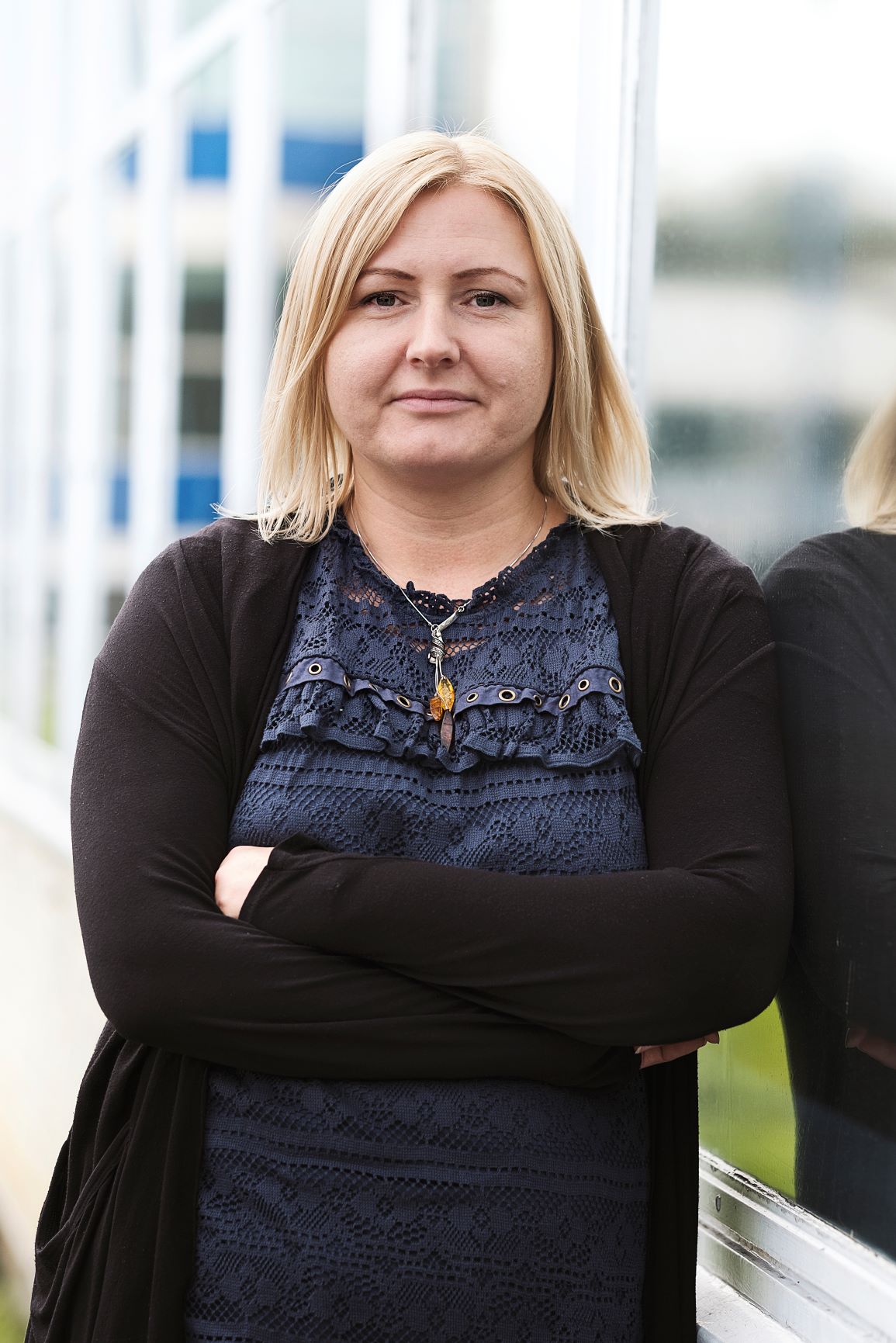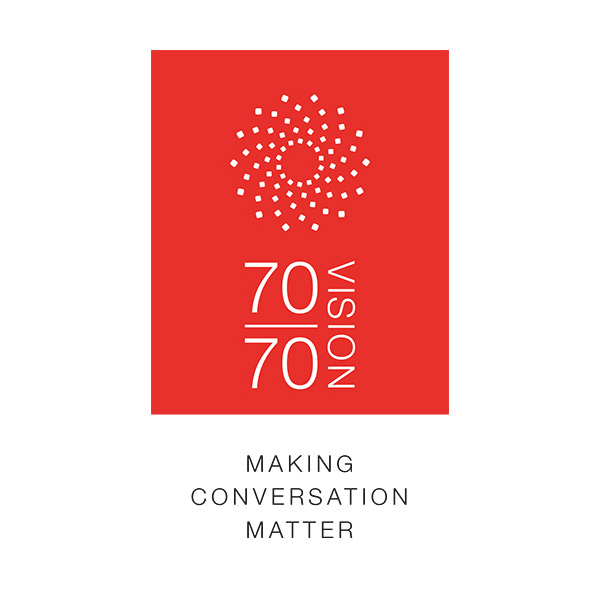 In recent years Harlow has made positive progress. Ten years ago, when I first moved here, things were very different. It lacked the multiculturalism which I’d taken for granted during my time living in London. But in Harlow’s defence, making a comparison to London is somewhat unfair.
In recent years Harlow has made positive progress. Ten years ago, when I first moved here, things were very different. It lacked the multiculturalism which I’d taken for granted during my time living in London. But in Harlow’s defence, making a comparison to London is somewhat unfair.
My intentions for being here, although good, were treated with scepticism. For some, my Slavic accent alone was justification enough to avoid making my acquaintance. More often than not it was as much as I could do to extract a ‘hello’ – let alone strike up a conversation. I rationalised this behaviour with a belief that a wariness towards different cultures was to blame. Your inclination to believe the following depends solely on your stance towards immigration, but it’s my belief that as the percentage of migrants has increased in Harlow so has its tolerance towards minorities.
'engaging with people from different cultures will enrich you life'
I was born in Poland where, despite witnessing the hardships of Communism and the euphoric shockwaves of democracy, I received a good education, ultimately earning myself a degree in Public Administration and a master’s degree in Political Science.
In 2004, without firm plans on the direction my career might take me, I took a few months out to visit friends in London. As I say, it wasn’t my intention to settle here – but, as with many things in life, you can’t plan for everything. The upshot was that I met my future husband (also Polish) and remained.
Work became my number one priority – luckily, that was one of my easier challenges. It mattered little whether it was cleaning or working in a shop, hotel or restaurant. They all enabled me to earn a wage and pay my way – even if that meant (as it often did) working six or seven days a week. I considered myself lucky, as similar jobs in Poland had nowhere near the same comparable pay – this is why, in the years that followed, so many flocked here to fill these jobs.
In the years that followed Harlow became my home. Therefore, I wanted to play my part in society. In 2012 I applied for and was successful in receiving British citizenship. It was important for me; I wanted to not only be eligible to cast my vote on European or local decisions, but those of Parliament too, and none more so than the recent referendum on leaving the EU. It will come as no great surprise that I was disappointed with the outcome of Brexit.
'we walked shoulder to shoulder in an impressive show of solidarity between a multitude of nationalities and faiths in Harlow'
In the build-up to (and increasingly after) the referendum, several people I knew and chatted to blanked me. Maybe they felt empowered or embarrassed by the decision – who knows? Although things are much improved now, it was very hurtful at the time.
My preference, although I have dual citizenship, has been to refer to myself as European, if for no other reason than to acknowledge the freedom and open-minded opportunities that came with it. In the past ten years, as a result of being in the EU, Poland’s economic growth has lessened the need for many to look further afield for a better quality of life. Therefore, I feel we need to retain those migrants who’ve contributed so much towards the UK’s economy.
In September 2016 I took part in the silent march which followed the death of Arkadiusz Jozwik. It wasn’t seen as an opportunity to create further division. Instead, we walked shoulder to shoulder in an impressive show of solidarity between a multitude of nationalities and faiths in Harlow. I felt it eased what was a tragic situation, while unintentionally going some way to heal the divide due to Brexit.
With over thirty nationalities (that we’re aware of) in Harlow, my role as Immigration and Employment Adviser within a charity is full of challenges. Aside from what I do, the charity assists people with matters relating to family, legal and integration issues. One of the things we pride ourselves on is linking those who are new to Harlow with others who’ve successfully become part of the community.
The idea that migrants come here with expectations of getting everything for nothing is misguided. The main intention, especially with those I deal with, is to find employment. And although everyone’s circumstances are different, benefits aren’t a priority – purely because they’re not entitled to many, if any at all.
Although each council has its own policy towards social housing, Harlow’s stance is that anyone not in work (regardless of nationality) has to have been a resident for five years. This is lowered to one year if in full-time employment – but that’s only to get onto the list, which then has the same criteria for everyone. In my opinion, a system that’s welcoming but encourages work is good one.
I can tell you on both a personal and professional level (having listened to countless revelations) that England is far more welcoming and tolerant than many other countries, and for that it should be applauded. I know I’ve a vested interest in such a belief, but I truly feel that England is leading the world in that respect. I believe Harlow is all the better for its broad spectrum of nationalities. I’ve witnessed first-hand the benefits that come from children learning about different cultures and the plights which, over the decades, many have faced. That can only be a good thing – you have to know about the past before you can learn about the future.
Having lived in a country that stifled variety and ambition, I appreciate the many and varied benefits that come from a diverse community. Engaging with people from different cultures will enrich your life, but only if you open your mind to it.
